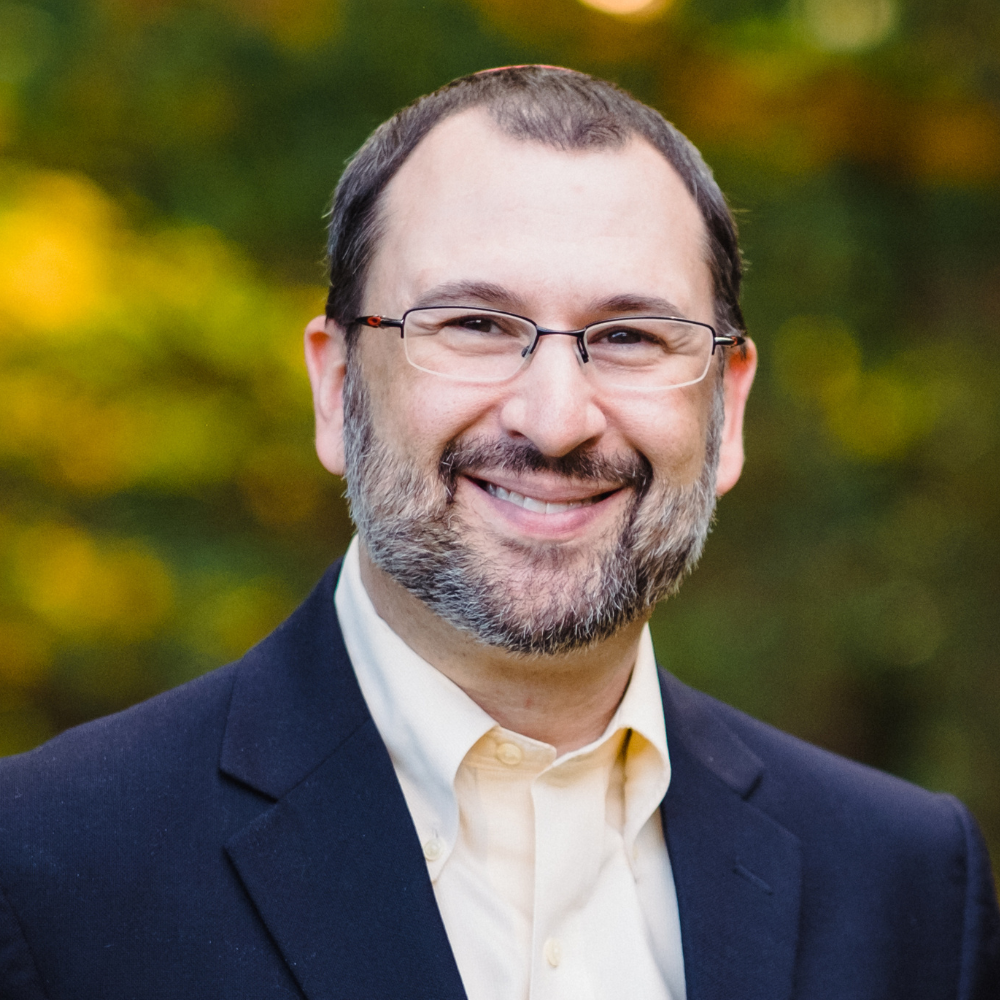By Jamie Bornstein
 Rosh Hashanah kicks off an intensive period of reflection. If we’ve put off or shied away from confronting our imperfect selves and our imperfect Jewish communities throughout the year, Rosh Hashanah invites us, expects us even, to honestly examine our realities, in particular the areas over which we have agency; areas that we can improve, personally and communally.
Rosh Hashanah kicks off an intensive period of reflection. If we’ve put off or shied away from confronting our imperfect selves and our imperfect Jewish communities throughout the year, Rosh Hashanah invites us, expects us even, to honestly examine our realities, in particular the areas over which we have agency; areas that we can improve, personally and communally.
Young people today are facing many challenging realities. In particular, they are grappling with an unprecedented mental health crisis.
Rates of anxiety, depression, self-harm, disordered eating, suicidality, and other mental health challenges are alarmingly high, leaving too many teens and young adults–and their families–living with awful amalgams of pain, isolation, shame, fear, disorientation, exhaustion…and too often, despair.
Here’s another reality: The Jewish community is not immune and, sadly, also mostly unequipped to support the mental health of our young people.
I’ve experienced this first hand far too many times over the years.
Reputable youth-serving Jewish organizations–organizations with endowments, impressive donor walls, and capital campaigns–have dismissed my children because they don’t, they claim, have the resources to provide in-house mental health support beyond the bare minimum.
In desperate attempts to navigate a mental health system that my wife and I, MBA and MSW-educated professionals, found nearly impossible to understand, I’ve reached out to highly-regarded Jewish social service agencies, only to learn that they had surprisingly little to offer in terms of guidance.
I’ve consulted with rabbis, wonderful individuals for whom I have deep respect, colleagues and dear friends, who, despite their huge pastoral hearts, lack the mental health literacy, resources, and training to offer much counsel or make referrals.
The good news is that these organizations, and others like them, have made some progress. There is certainly more awareness than ever before, and some of these organizations have added new services and accommodations, and they should be recognized for that. Still, the pace of change is far too slow and the financial investments in change far too limited.
This is precisely why BaMidbar, where I serve as the Chief Advancement Officer, exists.
Our mission, as a Jewish non-profit organization, is to build Jewish communities that actively support the mental health and well-being of our young people. We do this by offering therapy with licensed clinicians, community mental health education, and professional development and training for youth-serving Jewish professionals.
In September 2023, we opened our very first outpatient clinic located at the JCC of Greater Boston in Newton, Massachusetts, offering therapy to Jewish teens and adults, ages 13 to 28.
Our clinicians are well-versed in the nuances of Jewish culture and community dynamics. This familiarity brings several significant benefits: clients do not have to educate their therapists about their Jewish background and practices; therapists can incorporate Jewish values and traditions into sessions when requested; and trust is often established more rapidly within familiar cultural contexts. In short, our therapists are not just providers of care; they are partners in the journey toward mental wellness.
BaMidbar’s approach is comprehensive and compassionate. Our therapy services are accessible both in-person and online, accommodating individuals, families, and groups. We emphasize experiential therapy, which resonates with many young people who learn best through active participation.
We accept insurance from six major carriers, and also offer financial aid, ensuring that financial barriers do not prevent young people from receiving the help they deserve.
During this time of reflection and renewal, let us take proactive steps to address the mental health crisis facing our teens and young adults.
For those of you with Massachusetts connections, I urge you to consider the teens and young adults in your circle of Jewish friends and family who are struggling with their mental health. You won’t have to look far. You can help them, and the greater Jewish community, by raising awareness about BaMidbar and referring people to our outpatient clinic in Newton, MA.
For those elsewhere in the country, check out our community education and professional development programs for youth-serving Jewish professionals that are offered to a national audience.
Finally, it goes without saying that BaMidbar’s work depends on donor support. As BaMidbar’s chief fundraising professional, I’ve found an unnerving disconnect between professed support of Jewish mental health initiatives and actual financial support thereof. I’ve heard the same from my colleagues in the field at both large and small Jewish organizations. We need to put our money where our mouths are.
Please make a gift to BaMidbar this holiday season.
The Jewish community must come together to support our young people and their families. We must ensure that our young people have access to the care and resources they need. We must also ensure that they can remain active participants in organized Jewish life.
Let us stand united in support of our youth—because their mental health matters.
Jamie Bornstein is the Chief Advancement Officer at BaMidbar. His bio can be found here.

